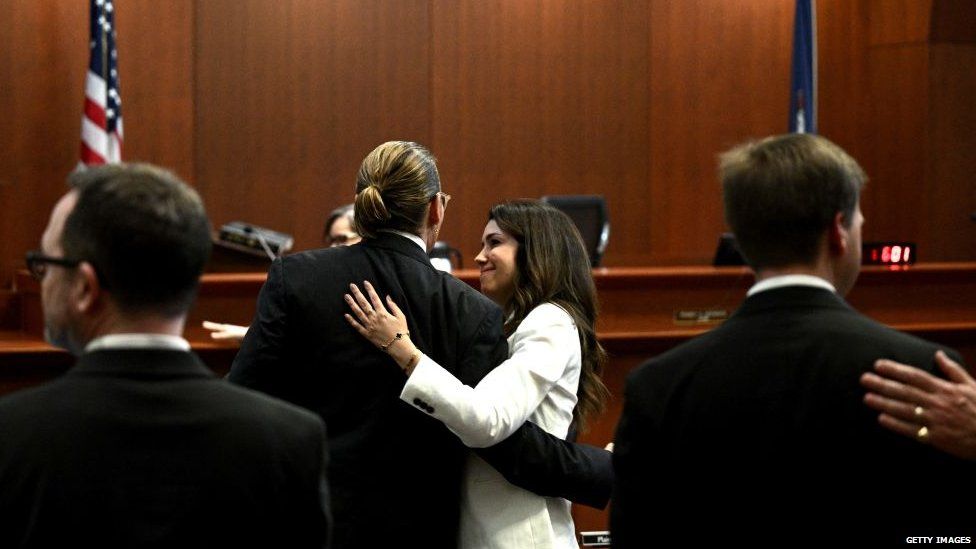Today we will provide information and reviews about Business and ethics of lawyers selling law-related services
Read the following article to get more information.
Updated on March 29, 2022
What are law-related services?
Almost ten years ago, I wrote a short post about a lawyer selling related or ancillary legal services as defined in ABA Model Rule 5.7 as follows:
Services that may be reasonably incidental to, and essentially performed, related to the rendering of legal services, and are not prohibited by law when rendered by a nonlawyer..
At the time, most companies were interested in providing related professional services—such as title insurance, financial planning, accounting and tax, and trust services (for estate planning), human resources compliance (for small businesses), social work, and psychological counseling (for families). ). legal issues) and legal lobbying and patent, medical or environmental consulting. But fast forward a decade and today’s customers have more demands. Creatives and influencers seeking IP services may need marketing or branding expertise, employers may require privacy-compliant background checks, and estate planning clients may request secure online storage of will documents.
At the same time, there are non-attorney companies like LegalZoom or Rocket Lawyer that sell legal information products and forms that many states don’t consider traditional legal services that require an attorney. And with the advent of low-cost automation tools, and the success of companies like Hello Divorce or Hello PreNup that started out as offshoots of traditional law firms, many lawyers are looking for ways to offer their law-related products.
In my view, having a law firm provide non-lawyer services is a win-win for both the firm and the client. For example, consider a trademark attorney who conducts a search and discovers that his client’s company name is potentially infringing on existing use. Rather than turning the client away, the trademark attorney can refer the client to a branding expert to come up with a new name that meets any trademark restrictions. Or what about a small business that provides LLC forms to small businesses that can’t afford an attorney. These forms provide a cost-effective way for the company to open for business, and when the company grows, it is more likely to hire the company at its regular rates.
Are law-related services consistent with legal ethics?
When lawyers provide law-related services, several ethical rules are potentially involved. An attorney who refers estate planning clients to a financial services firm that generates profits for the firm can lead to a conflict unless the attorneys disclose their interests in the related firm. Similarly, offering a law-related service such as a form can be deceptive if the client assumes that the lawyer is providing legal advice with the form. Finally, as automation pioneer Richard Granat advises, lawyers who intend to offer law-related commercial services should always do so through a separate entity to ensure that the product can be sold to investors. If the product belongs to a legal entity, the external purchase of the product can be prohibited by ethical rules.
ABA’s Position on Law-Related Services
The ABA and states have different approaches to ethics rules that apply to law-related services provided by lawyers. ABA Model Rule 5.7, referenced above, states that the ethics rules apply if the law-related services provided through the firm are “not distinguishable from those provided to clients.” Therefore, under the ABA Act, a company that provides marketing services or stress management services to clients does not create ethical requirements, but HR compliance services may.
A set of government ethics rules regarding law-related services.
Here’s what other states have said:
Nebraska Ethics Advisory Opinion for Attorneys No. 06-08 has a similar limitation to ABA Model Rule 5.7, explaining that:
Even when legal and legal services are provided in circumstances that are distinct from each other, for example through separate entities, the rules of professional conduct apply to lawyers unless the lawyer takes reasonable steps to ensure that the legal recipient Related Services understands that the Services are not legal services and that the protections of a client/attorney relationship do not apply. Reasonable measures can include having a collection business contract, contacting the client, having a new contact from the business collection, contacting the client in addition to the attorney handling the case, new client sheet information and setting up a new case, commitment letter for services. Explain the collection. That this is an independent service that may be performed separately from any legal services, also with the signing of a memorandum of understanding by the client, so that the lawyer has a form that helps to create reasonable actions.
2010 North Carolina Ethics Opinion 13 takes a similar approach.
Boston Bar Association: (1999) The Massachusetts Rules of Professional Conduct (“Rules”) permit law firms to develop side businesses, subject to two important limitations. First, the entity enforcing the law may not allow any attorney to have any ownership. And second, businesses may not split legal fees with a non-lawyer. The new rules, while clearer and more descriptive on these questions than the previous professional liability law, continue the legal profession’s long-standing prohibition against nonlawyers owning or sharing in the profits of a legal practice.
Oklahoma Ethics Op. 316 allows a lawyer who provides legal services to a client in the field of estate planning or fiduciary matters to also provide non-legal, but ancillary, products or services directly or through an affiliated entity to his clients – As long as the interests of the client are respected. It is protected and the service is fair and reasonable for the customer.
Georgia version of ABA Model Rule 5.7 Georgia version 5.7 explains that the ethics rules apply if law-related services are related to the practice of a lawyer. If there is no relationship, the Code of Conduct does not apply to the Service.
The future of law-related services
Of course, with the deregulation of legal services, some of the ethical rules of law-related services may also change. For example, allowing non-lawyers to own companies or alternative business structures with lawyers may open the door to a range of hybrid services subject to more relaxed ethical requirements. That’s where the profession is going – so lawyers who start providing law-related services now under existing ethics regimes will find themselves at a significant advantage.


